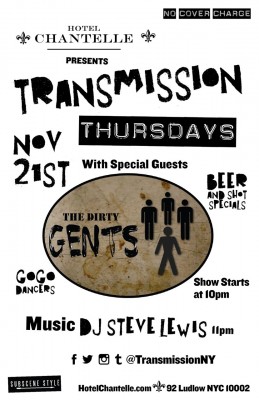11Sep/140
Live
From the last gig:
"Messin' With the Kid" (Junior Wells)
"Mohammed's Radio" (Warren Zevon) with Charlene McPherson
"Real Cocaine Blues" (Scott H. Biram) with Mike Storey
"Mountain Stream"
8Apr/140
Friday, May 30 at Beast of Burbon
My first rock show of original stuff in years. (Blues, Zevon, Stones too.) Big room, good BBQ, lotsa' beers & bourbons. C'mon.
20Nov/130
Dirty Work
Singing tomorrow with the Dirty Gents (a lineup that looks an awful lot like the Dukes of Haggard). Club kids, beware. 
13Nov/130
Executive Produced!
Friends, check out this great new single by Elena & Boo, of the Demolition String Band. It's produced by Eric "Roscoe" Ambel and executive produced by me.
http://elenaandboo.bandcamp.com/album/sailor-girl-loving-cup-single
Here's a photo from the session.
Read the backstory here.




